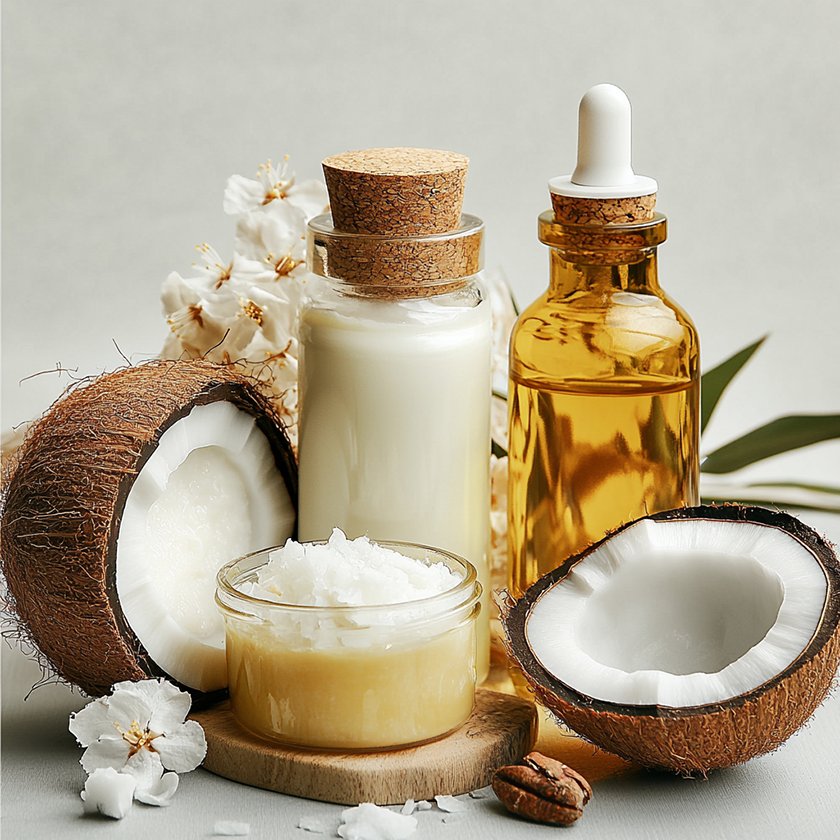


Hair has always been an important part of African identity, culture, and beauty. Understanding how to look after African hair is essential, as it is naturally prone to dryness. Therefore proper hair care practices are key to keeping hair vibrant, strong and beautiful. In this post, we’ll explore the best tips and techniques for how to look after African hair, regardless of your hair texture.
Taking care of your hair is vital for its health and appearance. Healthy hair is a sign of overall well-being. Regular hair care helps prevent common problems like dryness, breakage, dandruff, and itchiness. This will ensure that your hair remains shiny manageable and strong.
The most common types of hair in Africa are classified as Hair Type 4A, 4B, or 4C which translates to; Kinky, ‘Coily’ or Afro. This hair type has a very tight curl pattern with little space between the coils. Consequently this makes the hair prone to dryness, brittleness and damage. The density of the hair follicles often prevents natural oils from spreading evenly along the strand. For this reason external care is vitally important for african hair.
One of the most important steps in how to look after African hair is keeping it moisturised. According to the American Academy of Dermatology Association, you should not wash African hair more than once a week or every two weeks. To prevent dryness and breakage, use products which use natural oils such as shea butter, coconut oil or argan oil. Incorporate water-based leave-in conditioners to lock in moisture throughout the day. Regular use of deep moisturising treatments, like those from the fashion hair professional range can also improve hair texture and strength.

Relaxers can be a useful tool for styling, but correct application is essential to avoid damage. Always visit a professional hair stylist who can apply hair relaxers safely. Schedule touch-ups every two to three months, focusing only on newly grown hair. Avoid applying relaxer to hair that has already been treated. Copaci have a wide range of relaxers : products which relax the most stubborn of hair, additionally gentle formulas for hair that requires less effort. Choosing the right product is essential to ensure that your hair is not damaged during the straightening process.

Cleansing is a key step in how to look after African hair. Deep conditioning is a vital step in maintaining healthy hair, as it helps to restore moisture and nutrients. A weekly deep conditioning treatment can improve elasticity and reduce hair breakage. You can use store-bought deep conditioners or DIY treatments like avocado and honey masks. A good way to look after your hair is to use a medicated shampoo like the Sulfur 16 range which moisturises, yet has special chemicals to treat certain hair conditions.
Protective styles are a great way to reduce the stress on your hair from daily manipulation. Braids, twists, and other low-maintenance hairstyles can help to protect the ends of your hair from breakage and promote healthy growth. In addition avoid tight hairstyles, as they can lead to scalp tension and hair loss.
If you live in a hot, humid climate, you’ll want to focus on lightweight, anti-frizz products. This will prevent your hair from becoming overly greasy or frizzy. On the other hand, if you’re in a dry climate, you’ll need heavier oils and butters to lock in the moisture. The right products will make a big different in how your hair reacts to the elements.
If you found these tips helpful, then please feel free to check out our other articles related to health and beauty.

Best cocoa butter I’ve used. Just started the other cocoa butter. - Palmes Cocoa butter
Okoli Blessing Ozzy
It never disappoints - my best seller - Palmes Body lotion with almond oil and shea butter
Duchesse skincare – Asaba
The 24k rouge and white are my favourites
Fragrance by Reina perfume store in Abuja